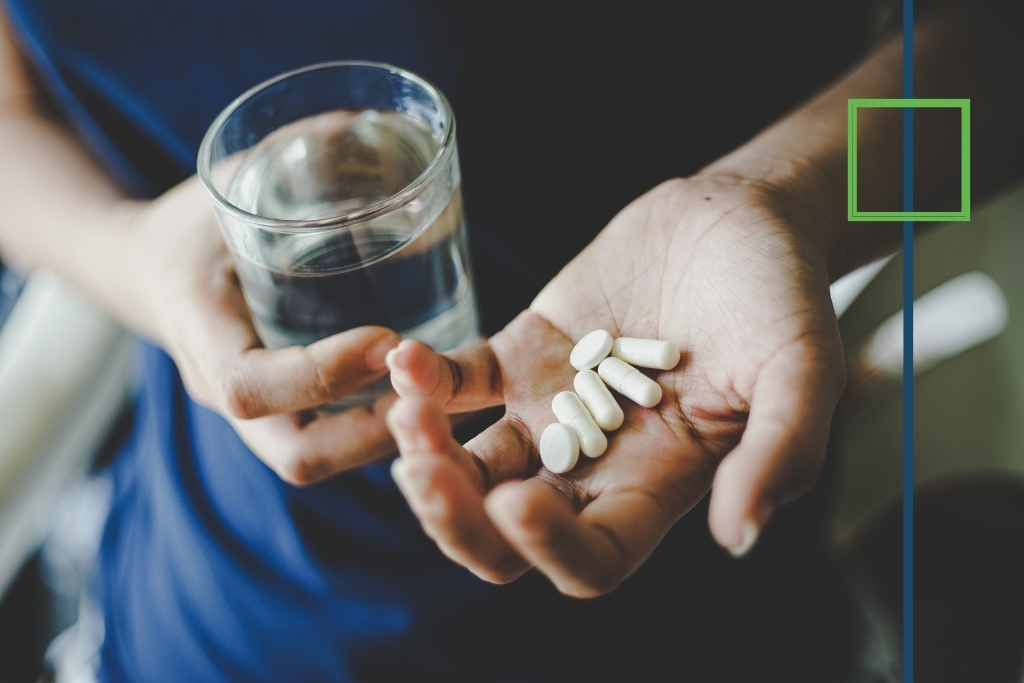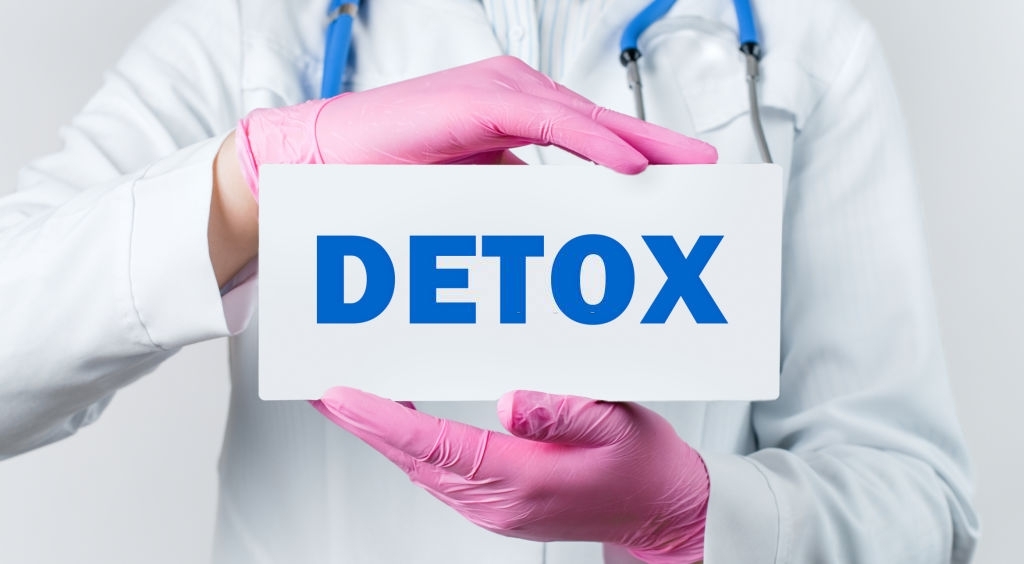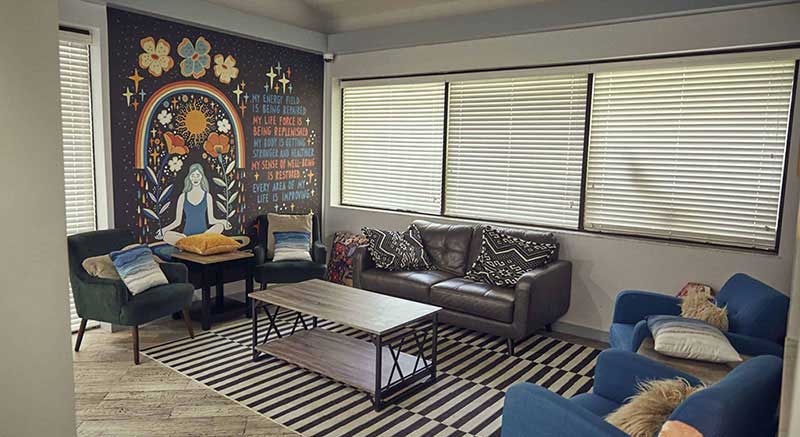What is a Roofie?
Rohypnol (flunitrazepam) is a potent benzodiazepine, a class of tranquilizers. You may have heard the word roofie. So what is a roofie? It is the common street name for Rohypnol, along with circles, rope, Mexican Valium, and forget-me pill. The drug is available as a white or olive-green pill and is usually sold in the manufacturer’s bubble packaging. It is a tranquilizer about ten times more potent than Valium. Because it can cause extreme drowsiness (or “blackouts”), it is often used in date rapes.
Chronic use of roofie can produce tolerance, physical dependence, and addiction. Withdrawal can occur with roofie use, as with other benzodiazepines. Seizures, behavioral changes, anxiety, and insomnia can be side effects of long-term use. Some adverse reactions, such as insomnia, may occur after only a few days of use.
According to the US Drug Enforcement Administration (DEA) [1], Rohypnol is a Schedule IV substance under the Controlled Substances Act. Therefore, it is not approved for manufacture, sale, use, or importation to the United States. It is also used in combination with alcohol to produce excessive intoxication, which may be lethal.
Roofie, like other benzodiazepines, acts at the GABA receptor. As a result, it can produce anterograde amnesia, in which individuals may not remember events they experienced while under the influence of the drug. This is according to the National Institute on Drug Abuse (NIDA) [2].

Signs And Symptoms Of A Roofie Addiction
Roofie works in the central nervous system (CNS) to calm anxiety, reduce muscle tension and ease insomnia. However, regular use can lead to addiction when a person takes more of the drug to avoid withdrawal and craves the positive feeling it gives them.
Rohypnol or roofie addiction can negatively affect judgment, impulse control, and concern for one’s own safety.
A sign that someone may be suffering from roofie addiction is a shift in behavior toward less social inhibition. They may also experience decreased coordination, slurred speech, and dulled reflexes.
These Effects May Be Accompanied By Symptoms such as:
- Drowsiness
- Deep sedation
- Unconsciousness
- Amnesia
- Dizziness
- Impaired motor functioning
- Muscle relaxation
- Confusion
- Impaired judgement
- Slurred speech
- Headache
- Aggression
- Stomach disturbances
- Excitability
- Relaxation or calmness
- Slowed breathing
- Respiratory depression
- Memory loss
- Blackouts up to 24 hours
- Intoxication
- Lack of inhibitions
- Poor decision making
- Low heart rate
- Low blood pressure
- Weakness
- Visual disturbances
- Overdose
- Coma
- Death
Rohypnol abuse can also cause anterograde amnesia, which may erase all memory of the event that occurred when a person took the drug and affect the ability to establish new memories. It has a tranquilizing and paralyzing effect. Death from roofie overdose is far more likely when alcohol is involved.
What is a Roofie and It’s Withdrawal Symptoms
Rohypnol addiction is very real, not just as a psychological dependency, where the user feels an underlying need to keep using, but as a physical dependency as well. When a person abusing Rohypnol goes without taking the drug, they can experience a painful withdrawal, the body’s violent reaction when a drug of addiction isn’t received.
Withdrawal Symptoms of Rohypnol Dependency may include:
- Headaches
- Muscle pain
- Hallucinations
- Convulsions
- Confusion
- Tingling
- Numbness of the extremities
- Loss of identity
- Shock
Rohypnol withdrawal can cause seizures up to a week after your last use. Rohypnol treatment will provide a lengthy supervised detox period, where you can work through these withdrawal symptoms without the urge to seek the drug. Many cases of addiction are simply users trying to avoid withdrawal by repeatedly using drugs or alcohol.
Treatment Methods for Rohypnol Addiction
Tapered Detox

It is important to reduce Rohypnol dosage gradually under medical assistance, to break physical dependence. Abruptly stopping or decreasing use can result in a protracted withdrawal syndrome, which can cause seizures, convulsions, psychiatric problems, and increases in blood pressure and heart rate. A gradual detox provides more comfort as it minimizes associated health risks.
Integrated Mental Health Care
Rohypnol is a mental health drug, so people may use it to self-medicate undiagnosed disorders. Rehab centers typically provide mental health screenings, diagnoses, and integrated treatment for co-occurring disorders. Furthermore, doctors commonly prescribe benzodiazepines and other sedatives for anxiety, panic, and sleep disorders, and holistic and therapeutic approaches are often used to treat recovering addicts with these conditions.
Behavioral Therapies
Cognitive Behavioral Therapy (CBT) and Dialectical Behavioral Therapy (DBT) can improve addicts’ behavior. CBT targets negative and maladaptive thought patterns as it promotes positive emotions and beliefs, while DBT helps patients address conflicting impulses so they can make healthy choices. Both therapies treat substance abuse, anxiety disorders, and other mood issues. Therapy also empowers patients to identify, avoid and mitigate cues that trigger drug cravings.
Individual and Group Counseling
Addiction and mental health counseling occur in both individual and group settings. One-on-one treatment sessions may address unresolved trauma, unconscious conflicts, and specific struggles; while group sessions often involve training in life skills, stress management, conflict resolution, and social connections. Group counseling also gives clients the chance to share their thoughts and experiences to develop social support, which is important for lasting recovery.
Find the Right Primary Mental Health Treatment Plan with Co-Occurring Addiction Diagnosis
During your rehabilitation, the staff from your treatment facility will help you identify what caused your addiction and teach you skills that will help you change your behavior patterns and challenge the negative thoughts that led to your addiction. Sometimes, the pressures and problems in your life lead you to rely on substances to help you forget about them momentarily.
If you or someone you love is interested in knowing what is a roofie, its addiction effects, and treatment, feel free to call our 24/7 helpline.
Inpatient medical detox and residential primary addiction treatment may be available at our affiliated facility at Level Up West Palm Beach Rehab. For some primary behavioral health treatment clients, medical detox and or addiction rehab may be required first. If you have a co-occurring severe substance abuse diagnosis, please contact us prior to beginning inpatient mental health therapy. Treatment services may vary. Please call us to learn which treatment options are most suited for your individual needs.

Sources
[1] DEA – https://www.dea.gov/sites/default/files/2020-06/Rohypnol-2020_0.pdf
[2] NIDA – https://www.drugabuse.gov/sites/default/files/drugfacts_clubdrugs_12_2014.pdf
[3] What is a Roofie Addiction » Drug Alcohol Addiction Rehab –We Level Up